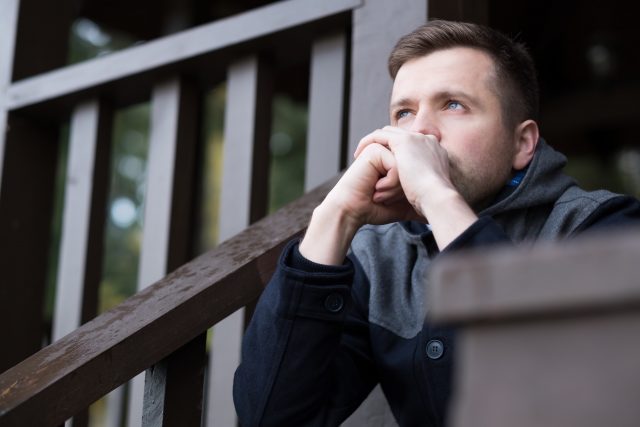Ankylosing Spondylitis (AS) is a type of inflammatory arthritis that affects the spine. Symptoms typically develop in younger people, especially men. Reduced flexibility in the spine is usually one of the first symptoms, eventually resulting in a hunched-forward posture. Joints other than the spine can become involved causing chronic pain and discomfort.
Telling someone you have Ankylosing Spondylitis is not like telling someone you have something like the flu. When you say you have the flu, people understand that you’re ill and can empathize with how you may be feeling. With AS, many people have not even heard of it, let alone are familiar with it’s symptoms.
When you have AS, educating yourself with as much information about your condition as you can may help to make managing your condition easier. It can also help when it comes to your lifestyle. Improving your pain and stiffness helps to improve the quality of your life and regular exercise is key. With AS, pain tends to get worse when you’ve been sitting or lying down for too long. Low-impact exercises can help with pain management and your overall health.
While there’s no known specific cause for AS, genetics do seem to play a factor. People who have the HLA-B27 gene are at a much higher risk of developing AS. According to the Arthritis Foundation, the gene is found in about 90 percent of Caucasians with AS, but only 8 percent of Caucasians without AS, suggesting the HLA-B27 gene plays an important role in disease development. Men are also more likely to develop the disease than women.
While there’s currently no cure for AS, research studies testing potential new treatments are enrolling now at Stamford Therapeutics. If you or someone you love is struggling with Ankylosing Spondylitis and looking for new treatment options, a research study could be an option. Qualified participants may have access to potential new AS treatments. Participants receive care from board-certified physicians and other medical staff, and may receive compensation for time and travel expenses. To learn more about these studies and to see if you qualify CLICK HERE.




